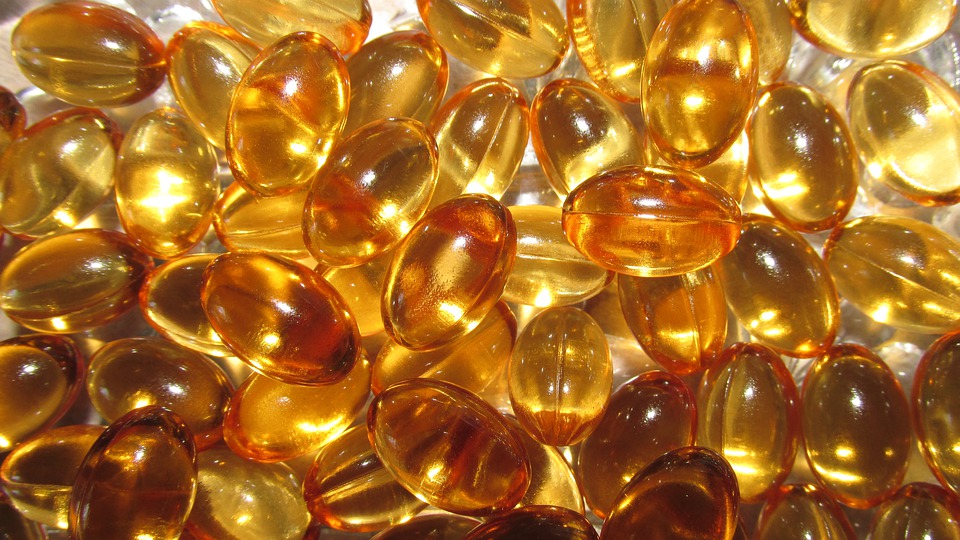Vitamin E is a
vitamin that easily dissolves in fat and is commonly used for treating and
preventing diseases such as heart and diabetes. This vitamin is naturally found
in many foods such as eggs, fruit, and vegetables and on a commercial scale it
is either extracted from natural oils or synthesized chemically. The demand for
this specific vitamin is continuously increasing in the world because of its
application in the cosmetic, food, beverage, livestock and pharmaceutical
industries. Among other industries the dietary supplement constituents the
largest application of vitamin E in the world with volume consumption of 4.1%
in the next five years.
Apart from
European countries, China is also one of the largest manufacturer and exporter
of vitamin E in the world. According to OEC( observatory of Economic Complexity
China) in 2017 China was the number 1 exporter of vitamin E with $448 million
followed by Switzerland and Germany. China is still holding its position
currently however there are certain minor challenges to the industry such as
new environmental regulations and supply of raw material such as m-cresol. M cresol is a vital chemical specifically for
the vitamin industry and the annual demand for this chemical in china is
12,000ton out of which almost 50% is imported from other countries.

In July 2019 the Ministry of Commerce of
China, made accouchement, to conduct an anti-dumping investigation on imports
of m-cresol originating from the United States, the European Union, and Japan.
The action was taken by the Chinese Ministry of Commerce based on the
application received by Anhui Haihua Chemical Technology Co., Ltd.
This news has
sparked a lot of concern among the local vitamin e manufacturing companies in
China as though m-cresol is locally produced but the local production is often
short in supply. Such investigation will limit the imports and might affect the
prices of domestic m-cresol which in turn will increase the production cost of
vitamin E. However, market specialist believe that this whole scenario will
have a minor impact on the production and cost of vitamin E market as domestic
supplier of m-cresol will try to cover up the gap and will increase their
production capacity.
The vitamin E listed company-Zhejiang Medicine Co., Ltd. (Zhejiang
Medicine) answered investors' questions on the impact of m-cresol anti-dumping
investigation, saying that the company had noticed this situation and been
actively responding to it. At present, the company's m-cresol is mainly
purchased from domestic sources, partly imported, which basically meets the
production needs. But the supply of m-cresol is tight. If the price of m-cresol
increases, it will have a certain upward impact on the company's vitamin E
production costs, but the impact is small.
At present, Zhejiang Pharmaceutical is the second largest producer of
vitamin E in China, with a production capacity of 20,000 tons/year of vitamin E
(oil). Changhai Biological- the subsidiary of the company which produces
vitamin E, purchases m-cresol mainly from Haihua Chemical. The m-cresol
capacity of Haihua Chemical is about 10,000 tons / year. From January to June
2019, Changhai Biological was ranked as the second largest customer of Haihua Chemical,
and Haihua Chemical's sales amount to Changhai Biological was RMB 4,324,360
(USD 6.1 million).
For more information about China’s vitamin market, please have a look at our monthly newsletter Vitamins China E-News or email emarket1@cnchemicals.com.